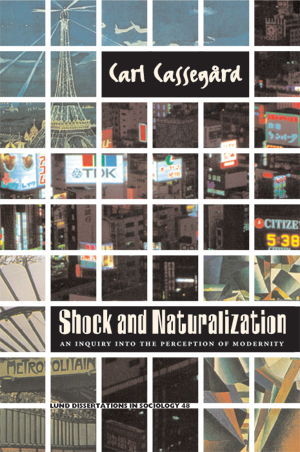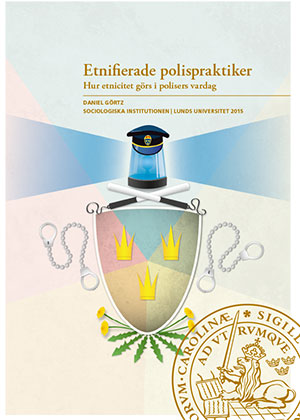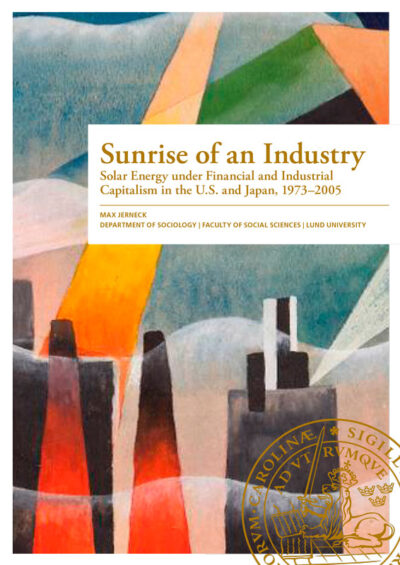Description
How we think about modernity differs fundamentally depending on whether we perceive it as a “shockmodernity” or as a “naturalized modernity”. Nature is a taken for granted environment in which change remains within the limits of the known and established. Shock disrupts this order. Concept and object no longer seem to coincide, and instead reveal what Adorno calls their non-identity. This is a liberation from nature as well as a loss of nature. The ambivalence of shock is mirrored in that of naturalization. Things that cease to shock often also cease to offer the sense of liberation that a glimpse of non-identity can mean.
Shock has often been viewed as emblematic of modernity. However, it is notable for its absence in much contemporary literature – as can be gleaned from portrayals of city life, technology and interpersonal relations. What does this mean to the theory of modernity? How do the dilemmas of naturalized modernity differ from those of shock-modernity? What are the implications for the critique of myth and ideology pursued by Benjamin and Adorno?
Special attention is given to how the relation between the two modernities has changed in Japanese literature since the end of the Second World War. Four writers are analyzed in detail: Kawabata Yasunari, Abe Kôbô, Murakami Haruki and Murakami Ryû.



